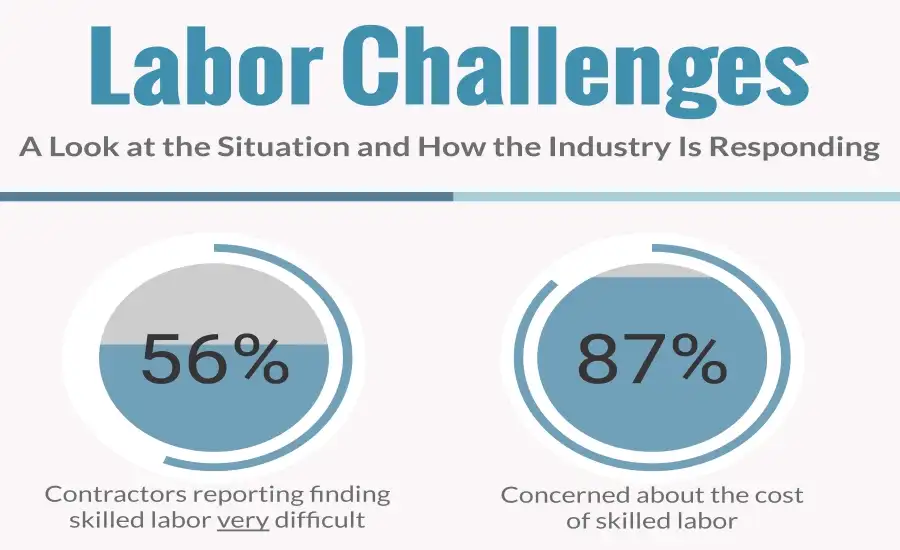International Labor Day, also known as May Day, celebrates the social and economic contributions of workers across the globe. Every year on May 1st, communities recognize labor movements and pay tribute to the individuals who have fought for fair working conditions, decent wages, and labor rights.
This global observance traces back to the 19th-century labor movement, particularly the eight-hour workday campaign in the United States. Over time, the day has grown into a unifying force that brings together workers from different backgrounds. More than just a tribute to the past, International Labor Day sheds light on the ongoing fight for workers’ dignity and justice worldwide.
Origins of International Labor Day
The roots of International Labor Day lie in the Haymarket Affair of 1886 in Chicago. During this time, American labor unions pushed for an eight-hour workday. On May 1st, workers across the country organized strikes and protests to demand fair hours. In Chicago, what began as a peaceful demonstration escalated into violence on May 4th when a bomb exploded during a rally, resulting in multiple deaths and widespread chaos.
Despite the tragedy, the movement marked a pivotal moment in labor history. In 1889, the International Socialist Conference officially declared May 1st as International Workers’ Day. This decision honored the Haymarket protesters and promoted labor rights on a global scale. Today, more than 80 countries recognize May Day as a public holiday, organizing rallies, marches, and educational events to celebrate workers’ achievements and reinforce their importance to society.
Why We Celebrate: The Core Values Behind Labor Day
At its heart, International Labor Day celebrates the dignity of work and the people who perform it. This day honors the individuals who keep economies alive, build infrastructure, serve communities, and shape modern society. Whether in construction, manufacturing, education, healthcare, agriculture, or services, workers power the world in visible and invisible ways.
The values behind International Labor Day go beyond celebration. They remind us of rights that many enjoy today—fair wages, safe working conditions, regulated hours, and union representation. These weren’t gifts; workers earned them through decades of struggle. Yet, not all regions enjoy these rights equally. Exploitation, child labor, discrimination, and unsafe workplaces still exist. This day encourages everyone—governments, employers, and citizens—to advocate for fairness, equity, and protection in every work environment.
Labor Day Around the World: How Different Countries Observe It
Countries across the globe observe International Labor Day in unique ways, influenced by their social, political, and cultural traditions. However, the message remains consistent—recognizing the contributions and rights of workers.
In India, people observe Antarrashtriya Shramik Diwas with rallies, speeches, and events led by union leaders and politicians. The nation uses this day to honor laborers in construction, agriculture, transportation, and other key sectors. Germany, where the day is known as Tag der Arbeit, embraces the spirit of labor activism through parades, concerts, and political demonstrations that champion workers’ rights.
China observes Labor Day as a three-day national holiday. While many people take this opportunity to travel, the government also organizes ceremonies to celebrate model workers and highlight their achievements. Brazil takes a more festive approach, blending public concerts, parades, and community events that reflect both joy and advocacy. In the United States, the official Labor Day falls on the first Monday of September. However, many groups still use May 1st to reflect on the origins of the labor movement and the Haymarket Affair.
These diverse customs reflect the global relevance of International Labor Day. Despite differences in how each country marks the occasion, the day fosters unity among workers and strengthens the collective call for dignity and recognition.
Current Labor Challenges: Why International Labor Day Still Matters

Despite the advances workers have made over the years, International Labor Day remains essential in today’s world. Many workers continue to face low wages, unsafe environments, lack of legal protections, and job insecurity. Modern challenges add new layers to these struggles, making this observance as urgent now as ever.
The gig economy represents one of the most pressing challenges. Although flexible schedules attract many, gig workers and freelancers often lack the protections traditional employees receive. Most do not have access to health insurance, paid leave, or retirement benefits. This vulnerability leaves them exposed to exploitation with limited support.
Migrant laborers, especially in sectors like agriculture, domestic work, and construction, often endure poor living conditions and inadequate legal safeguards. Without protection, many suffer discrimination, abuse, and severe hardship. The gender pay gap adds another layer of inequality. Across many industries, women still earn less than men for the same work. Even as awareness grows, the gap persists, particularly in male-dominated fields.
Automation and artificial intelligence also pose serious threats. As machines and algorithms replace human roles, traditional jobs continue to disappear. Although technology creates new opportunities, it often leaves behind workers who lack the training or resources to transition. At the same time, union suppression has made it harder for workers to organize. In some regions, employees risk retaliation or job loss simply for advocating better pay and conditions.
International Labor Day brings these issues into the spotlight. It calls on all of us to protect workers’ rights and to champion policies that ensure fairness, safety, and inclusivity in every industry. Just as past labor movements reshaped the world of work, today’s challenges demand renewed commitment and solidarity.
A Day for Reflection and Action
International Labor Day is more than a calendar date—it is a call to action. It urges societies to honor the people who build, serve, and sustain them. It invites us to reflect on the hard-won rights workers now enjoy and reminds us that these rights require constant protection and renewal.
Progress doesn’t happen automatically, and rights can erode without vigilance. Whether you’re an employer building ethical workplace cultures, a policymaker shaping labor laws, or a citizen raising awareness, you have a role in supporting justice at work. As we mark this day, let us renew our collective pledge to fairness, dignity, and respect for every worker, everywhere.

